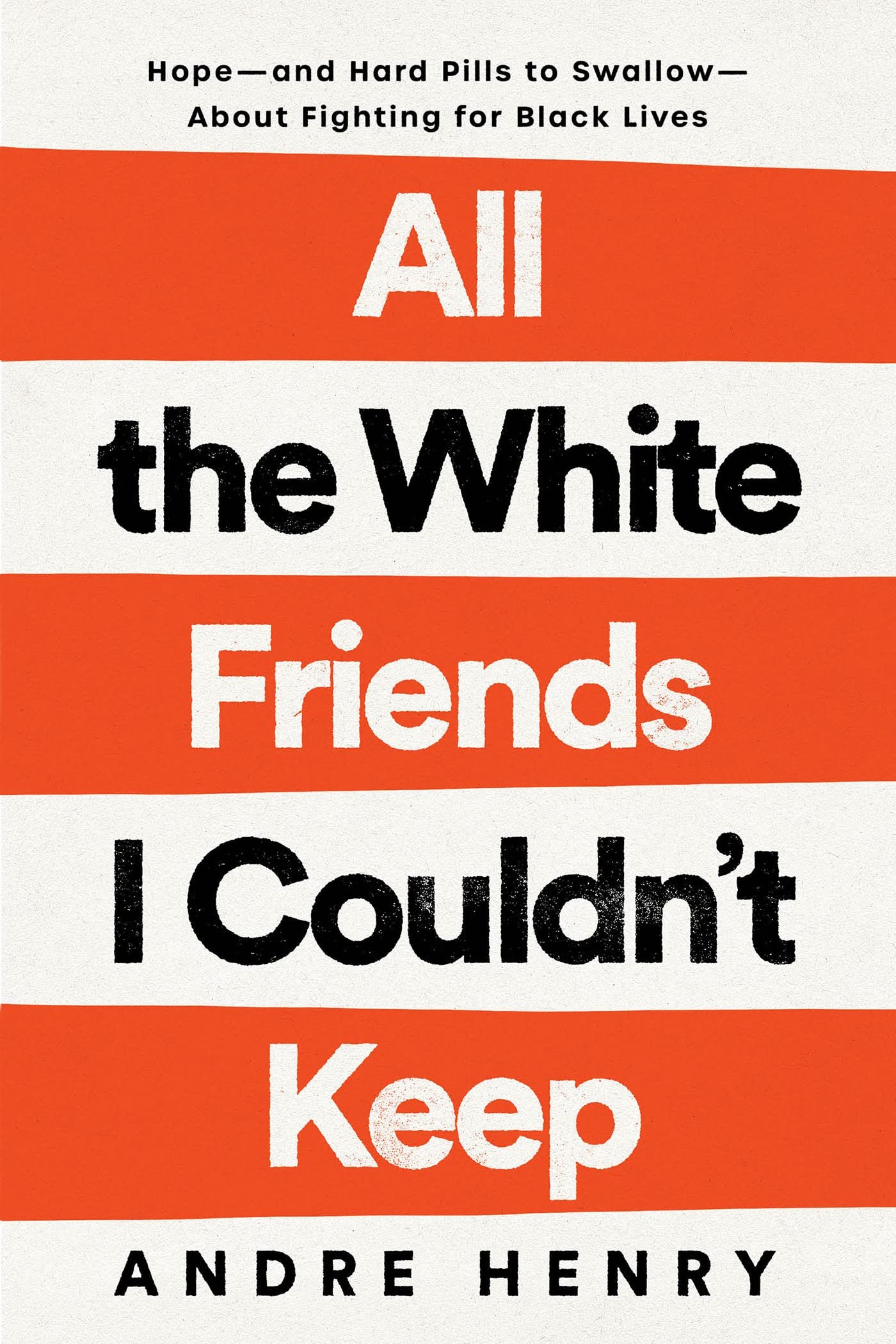All the White Friends I Couldn’t Keep: Racial Awakening and Black Identity
by Andre Henry
"All the white Friends I couldn't keep" offers an unflinching exploration of racial dynamics, awakening readers to a reality that lies beyond the veil of societal facades. Andre Henry extends an invitation to readers to confront uncomfortable realities, recognise their own roles in perpetuating systemic racism, and engage in the transformative work of dismantling prejudice.
Through a series of poignant reflections, the author reflects on his personal experiences and perspectives, revealing the complexity of racism and its pervasive impact on his life and relationships.
Henry dismantles the myth that racism is solely due to ignorance, revealing the deeper structural and systemic roots that perpetuate inequality.
It tackles the inertia that often prevents white people from actively engaging in the fight against racial injustice, and exposes the reluctance to give up privilege and embrace change, forcing readers to confront uncomfortable truths about their own complicity in the status quo.
The book vividly exposes the violence and racism behind social promotion, while highlighting the pressure to conform to white standards.
He reveals how blacks sometimes judge each other based on their proximity to whiteness, reflecting an internal struggle for acceptance in society.
Henry also questions the co-option of religion for the preservation of white supremacy, forcing readers to confront the possibility that certain religious frameworks have been manipulated to serve the interests of the dominant at the expense of marginalized communities.
The author issues a call to action, urging the black community to cultivate self-sufficiency and independence, and stresses the importance of creating institutions that respond to black needs and aspirations, rather than relying solely on white-led structures.
Finally, Henry reveals the underlying prejudices that influence our idea of beauty and the way we perceive ourselves. He shows how racism is present even in the most personal aspects of our identity, such as the way we evaluate ourselves. He explores the interplay between gender and race in romantic relationships, uncovering the complex dynamics that shape our individual choices and what society expects of us.


